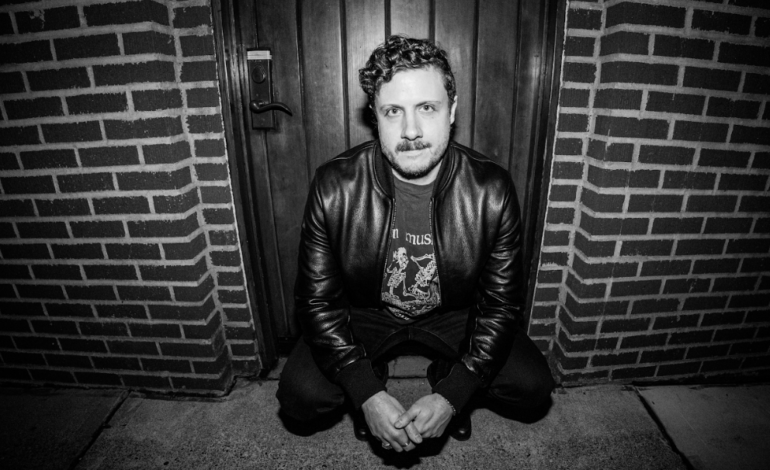Belgian composer and sonic storyteller Suntapes (aka Tomas Johan Kristian Vanderplaetse) returns with Travel Motion, a breathtaking new album that blurs the boundaries between ambient, neoclassical, and cinematic soundscapes. Rooted in personal travels and recorded using real-world instruments collected along the way—from Indian tanpuras to Chinese ruan—the album is both a meditative experience and an emotional journey through memory, motion, and the quiet spaces in between.
Known for his seamless blend of acoustic piano, analogue synths, and world instrumentation, Suntapes crafts a world where every note feels intentional and every pause, profound. Across eight rich compositions—some released under his classical moniker Tomas Johan Kristian—Travel Motion invites listeners into a space of inner exploration, framed by global textures and melancholic beauty.
Urbanista Magazine sat down with Suntapes to dive into the inspiration behind Travel Motion, how landscape photography and global instruments shaped his sound, and why movement doesn’t always mean leaving the ground.
What does “Travel Motion” mean to you, personally—beyond the literal sense of travel?
Changing places in beautiful destinations and changing positions in natural landscapes helps to enjoy life with focus on lovely details in nature and find relaxing, soothing and melodramatic vibe while travelling.
Many of these tracks feel like meditations or memory fragments. Were any inspired by specific personal moments or emotional states?
Yes, most of my music is created with emotional and melodramatic vibe I feel during travelling. In my studio I often use photo’s and videos from travel (mainly in nature) to feel that vibe again. And mostly the soothing and melodramatic memories of previous travel vibe are in my head while I’m playing.
How does your background in classical music inform your ambient and cinematic work?
While composing music for films and documentaries there often needs to be drone/ambient moments with vibe that fit the scenes, like calmness, sadness, mystery.. . This evolves into ambient compositions. Also while constantly playing piano, enjoying relaxing and emotional music is growing and the piano music becomes more slow.
Do you find the act of composing to be therapeutic or reflective for you?
Yes, it keeps me away from the hustle and bustle of life. Playing and composing my style of music has a kind of mindfulness. Also the emotional part makes me happy.
Galiano Island seems to hold special meaning in this album—what about it moved you creatively?
I spend a long time in that specific place and felt different soothing vibes there, definitely while enjoying to take many landscape & sun pictures in one location. I link these views to the name Suntapes: music that helps to get the vibe of enjoying such beautiful views.
You’ve captured sounds from multiple continents. How do you ensure you’re honoring those musical traditions rather than appropriating them?
I totally respect musical traditions of many countries. While using sounds of other countries, artistically I often use it quirky with a goal to make something unique.
What role does silence play in your compositions?
Silence helps to bring up new vibes.
How do you want listeners to feel when they experience this album?
Feel how that soothing travel vibe evolves subtly: pure relaxing moments, emotional feelings, energetic ritualism, nostalgically commemorating the beauty other destinations, mysterious moments, enjoyable dark…
Has your relationship with “place”—whether physical or emotional—changed after making Travel Motion?
Yes, it helps to love that place even more.
What does success look like for this album? Is it about reach, resonance, or something more personal?
Both reach and resonance.


